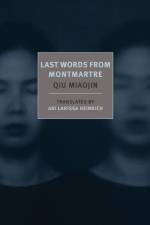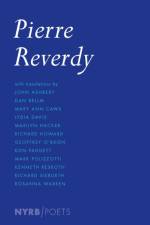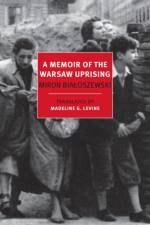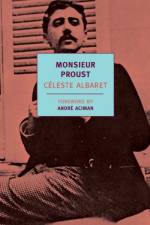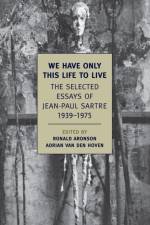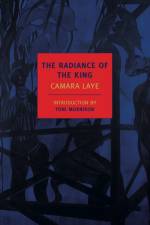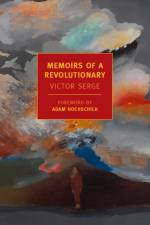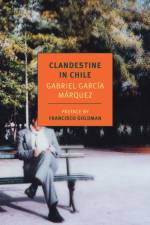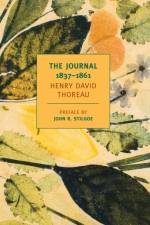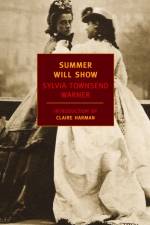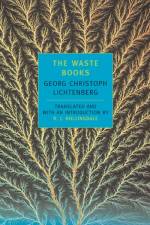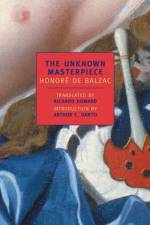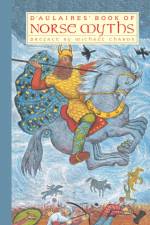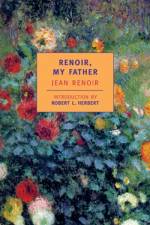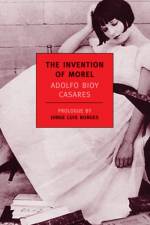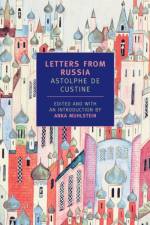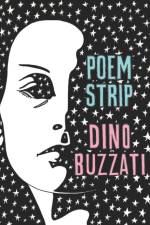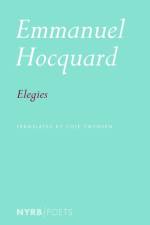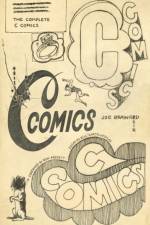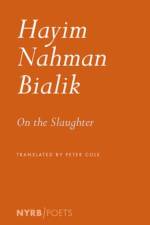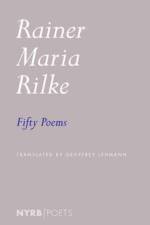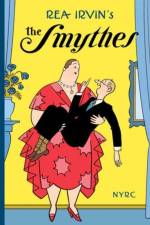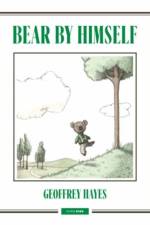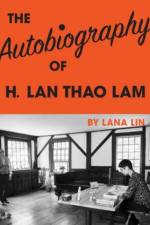av Der Nister
349,-
First time in PaperbackThe Family Mashber is a protean work: a tale of a divided family and divided souls, a panoramic picture of an Eastern European town, a social satire, a kabbalistic allegory, an innovative fusion of modernist art and traditional storytelling, a tale of weird humor and mounting tragic power, embellished with a host of uncanny and fantastical figures drawn from daily life and the depths of the unconscious. Above all, the book is an account of a world in crisis (in Hebrew, mashber means crisis), torn between the competing claims of family, community, business, politics, the individual conscience, and an elusive God. At the center of the book are three brothers: the businessman Moshe, at the height of his fortunes as the story begins, but whose luck takes a permanent turn for the worse; the religious seeker Luzi, who, for all his otherworldliness, finds himself ever more caught up in worldly affairs; and the idiot-savant Alter, whose reclusive existence is tortured by fear and sexual desire. The novel is also haunted by the enigmatic figure of Sruli Gol, a drunk, a profaner of sacred things, an outcast, who nonetheless finds his way through every door and may well hold the key to the brothers’ destinies.



